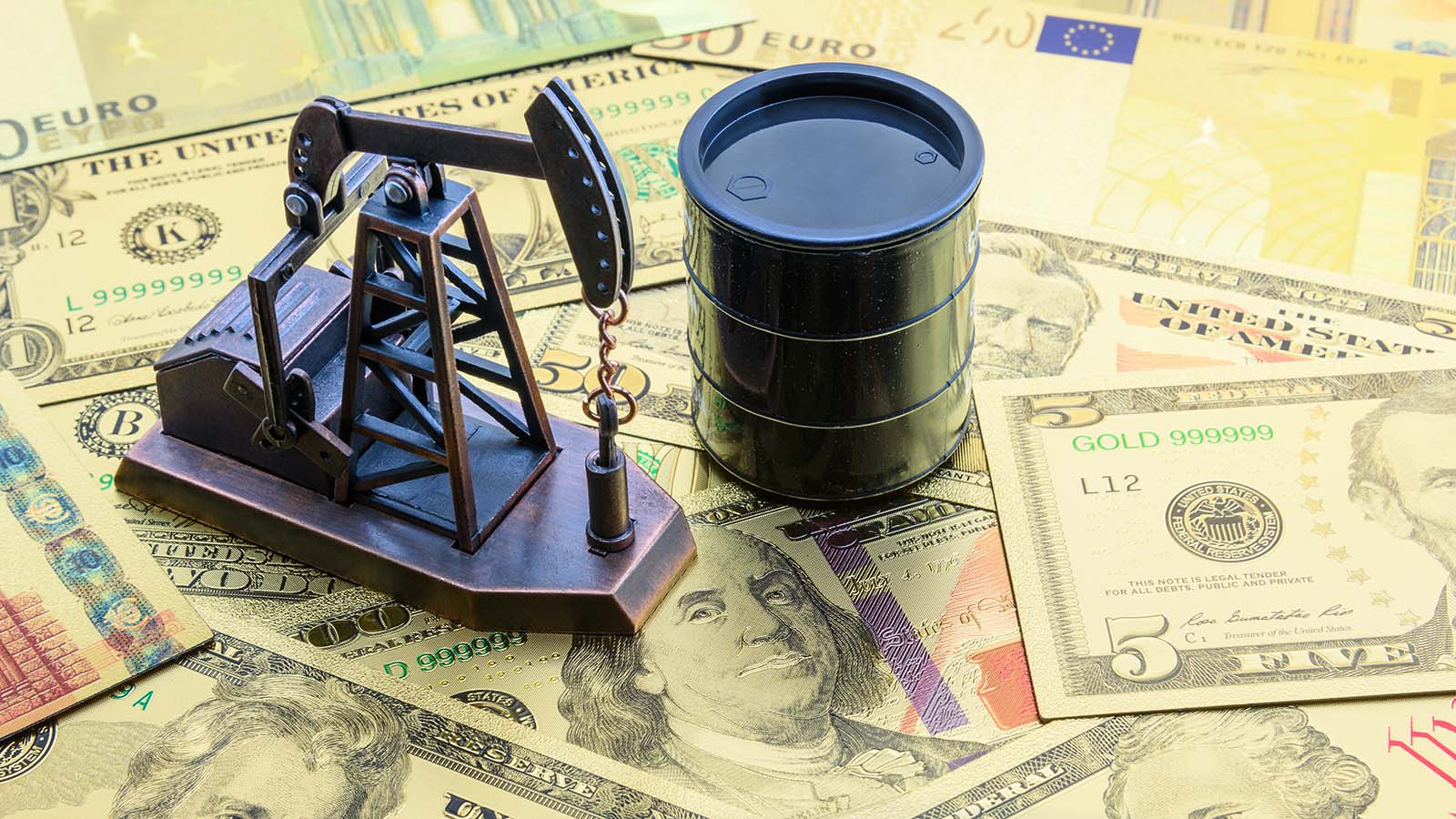The lure of a low-priced stock is irresistible to many potential investors, as shares of troubled oil producer Whiting Petroleum (NYSE:WLL) are showing. But price is not everything. And WWL stock is unsuitable for a legitimate portfolio.

This company poorly played the collapse of oil prices and the other effects of the novel coronavirus. This company declared bankruptcy and hosed its shareholders in the restructuring process. Although it emerged from Chapter 11 in better shape than it went in, Whiting remains a weak link.
There are far better companies with shares available for the same cost.
Looking Back at Whiting Petroleum
Whiting Petroleum, based in Denver, was founded during the go-go days of 1980. It is in the hunt for oil and natural gas.
WWL stock was first offered in 2003, when the company’s IPO raised about $400 million. The next year, shares traded around $300. Its current 52-week low price is a quarter. Yep, that’s 25 cents.
As 2019 drew to a close, Whiting told regulators that the company owned oil and gas reserves in the Bakken Formation, Three Forks Shales and the Denver Basin. It said it had 485 million barrels of oil equivalent of estimated proven reserves split nearly evenly between oil and natural gas.
About three years ago, the company began selling assets valued at $875 million.
Whiting filed for bankruptcy in April. As they sought court protection from creditors, company officials blamed the oil-price collapse triggered by the Saudi Arabia and Russia price war. They also blamed effects of the Covid-19 pandemic on the U.S. economy and demand for oil.
Although the price war and the pandemic were truly landmark events in the oil industry, not all oil companies fell apart. Whiting was already in a precarious condition. It was not positioned to withstand this turmoil.
Russia participated in the price war because it wanted to squeeze oil producers who needed higher priced oil to survive.
And Whiting felt the pressure acutely.
What About WLL Stock Now?
Some companies use the bankruptcy process as a tool for positioning. After the reset, the firm is ready to take on its competitors and regain value in the market.
American investors have seen this happen many times. Clearly, legacy automaker General Motors (NYSE:GM) is in a much stronger place now thanks to the restructuring steps taken during bankruptcy in the Great Recession., not to mention some astute decisions by GM leadership toward meeting the industry’s evolution.
And the U.S. airline industry is no stranger to the bankruptcy process.
But the case of Whiting Petroleum is different. Investors should not go rushing in and embrace the company post-Chapter 11.
Many of my colleagues at InvestorPlace agree.
For example, Josh Enomoto summed up the outlook for WLL stock well by saying it is no longer a “rational” investment.
Despite this, folks keep buying shares.
“On the surface, it’s difficult to imagine the thought process or the incentive,” Enomoto writes. “By nature, companies that declare bankruptcy do so because they have severe problems that lack other forms of resolution. Right there, that should dissuade the vast majority of investors from WLL stock.”
Meanwhile, David Moadel describes Whiting as a once mighty oil company that is now a hopeless investment.
He notes that Whiting entered Chapter 11 on April Fool’s Day.
Moadel compares WLL stock to shares of Luckin Coffee (OTCMKTS:LKNCY), the Chinese coffee firm engaged in fictional accounting, and his comparison is noteworthy.
“A rock-bottom stock price doesn’t necessarily make the shares a bargain,” he writes, “and a new CEO doesn’t mean that Whiting Petroleum will be profitable anytime soon.”
The Bottom Line on WLL
Whiting Petroleum is an oil and natural gas exploration firm that has seen better days. It was buoyed by more expensive oil and hit the rocks when the commodity crashed. This year brought Chapter 11 bankruptcy, a reorganization that gutted long-time shareholders and leadership instability.
Prior to filing for bankruptcy, Whiting was ill-prepared for the turmoil caused by Covid-19 and the windmill-tilting price war between Russia and Saudi Arabia. So, the company’s directors gave its departing CEO some $6 million as a reward for steering the company into the ground.
With fundamentals like these, WLL stock should be avoided by any rational investor. Even bored day traders with money burn should look elsewhere.
On the date of publication, Larry Sullivan did not have (either directly or indirectly) any positions in any of the securities mentioned in this article.
Larry Sullivan is a veteran journalist in Florida who has covered banking and finance for several years. He is a former investing editor at U.S. News & World Report in Washington D.C.
